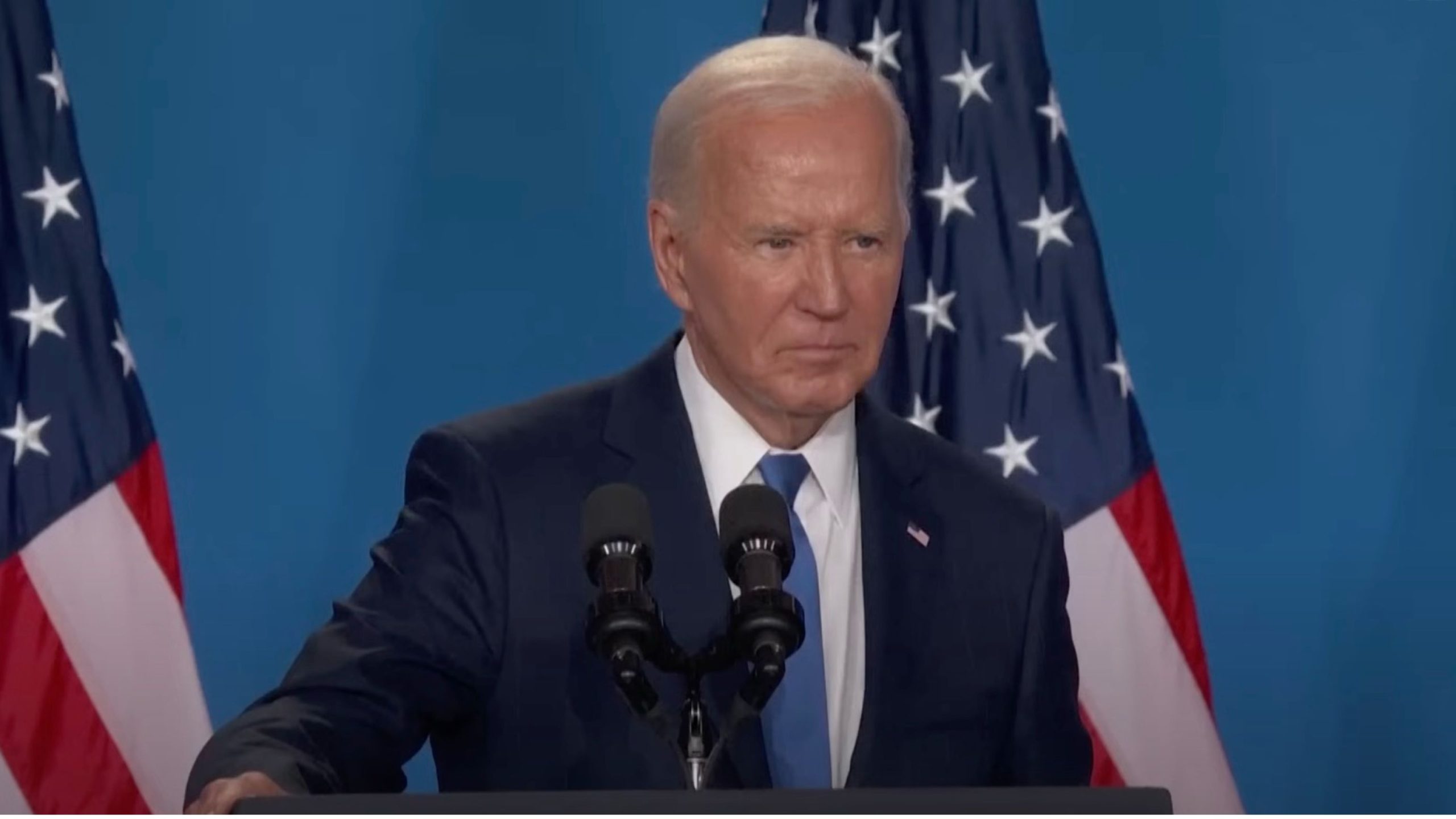One of the United Nations (UN) plans, the version of which the organization adopted in August after a long process, is now awaiting approval of member countries.
But it has also been opposed by free speech and privacy advocates all along, and is now in danger of failing to garner support from a major UN backer and bankroller, the United States.
The UN’s cybercrime treaty has to be ratified in parliaments of those countries that sign it. The outgoing White House is likely to pledge just so – but the new Senate is not expected to rubber-stamp the move.
The UN scheme had faced opposition from rights supporters who said over and over that the language is poorly defined, broad, therefore prone to misuse, and stemming from that, open to being used as a new, “improved” mass surveillance tool on a global scale.
The plan is question is known as the UN cybercrime regime (treaty) – but the question mark regarding its adoption in the US is now stretching all the way from the UN HQ on the East River, to the Capitol in Washington DC.
And that has to do with – well, regime change.
Namely, the Biden-Harris administration that is on its way out is said to be determined to back the treaty later this week – but even so, the document will have to be ratified by the new Senate.
A two-thirds majority is necessary for this to happen – and after the November 5 election, that seems unlikely.
More interesting, perhaps, is the way legacy media treat the situation – in some cases, these outlets are suddenly recognizing that the UN treaty has long been opposed by privacy and civil rights groups – as well as tech companies.
A rare instance of these speaking in unison, but even more of a rare occurrence for this particular brand of media is to report about it – particularly as the US administration about to step down is likely to make its last international grandstand and support the treaty.
In question, according to what legacy media now highlight, is “any crime enabled by technology” – and, everyone is at risk from more government surveillance.










